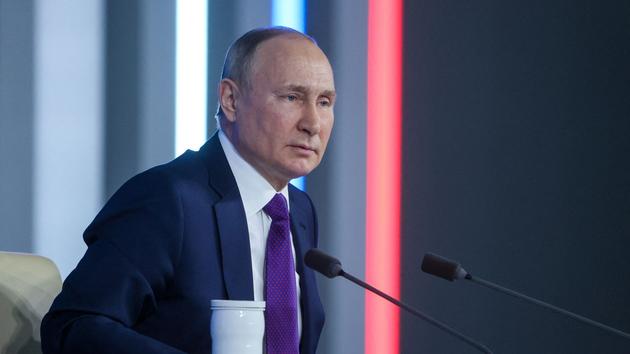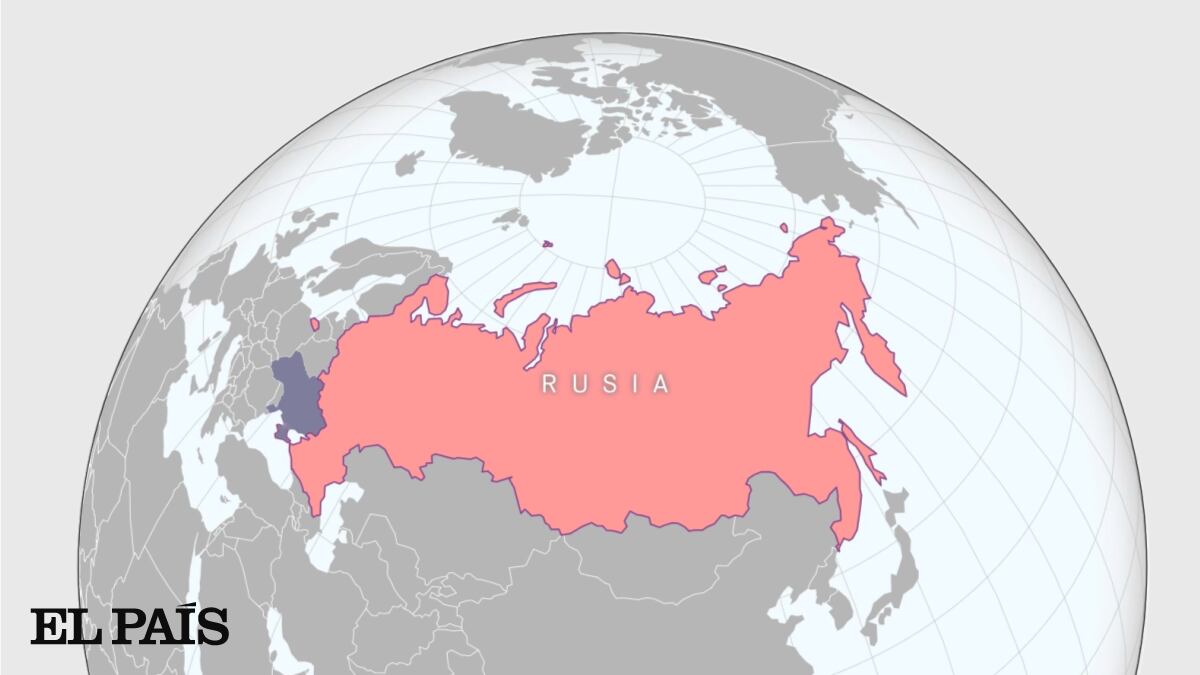Jean-Marie Guéhenno is a former UN Assistant Secretary General for Peacekeeping Operations and a professor at Columbia. Last published work: “Le Premier XXIe siècle. From globalization to the fragmentation of the world ”(Flammarion, 384 p., € 21.90).
LE FIGARO.
- Last August, the Americans left Afghanistan, where the Taliban regained power, twenty years after September 11.
Does this event symbolize the decline of the West on the international stage and the end of the illusions of 1989?
Jean-Marie GUÉHENNO.
-
If we listen to Joe Biden, the withdrawal from Afghanistan is not at all a withdrawal of the United States from the world stage, but a reorientation towards China after twenty years of war on terrorism.
So we cannot say that America is withdrawing from the international scene.
The Chinese threat mobilizes Congress, and it is even the only point of agreement between Democrats and Republicans.
The fact remains that the withdrawal from Afghanistan marks the end of an interventionist cycle ...
This article is for subscribers only.
You have 83% left to discover.
Freedom is also to go to the end of a debate.
Continue reading your article for € 1 the first month
I ENJOY IT
Already subscribed?
Log in



/cloudfront-eu-central-1.images.arcpublishing.com/prisa/NTCYHTFDBQVZDQERLHS7UMISQQ.jpg)





/cloudfront-eu-central-1.images.arcpublishing.com/prisa/KMEYMJKESBAZBE4MRBAM4TGHIQ.jpg)



